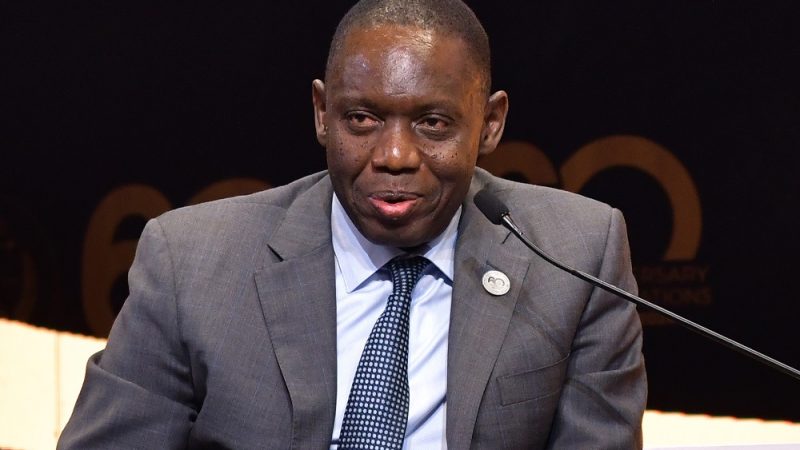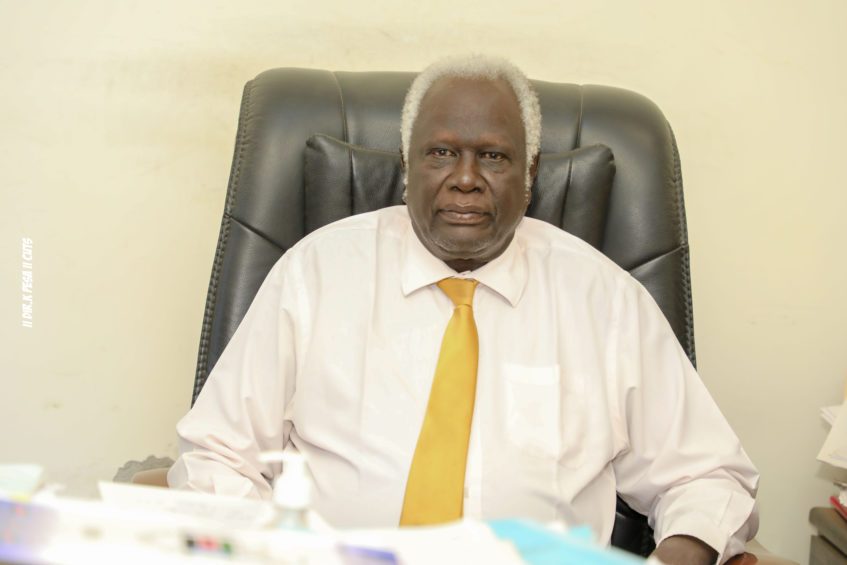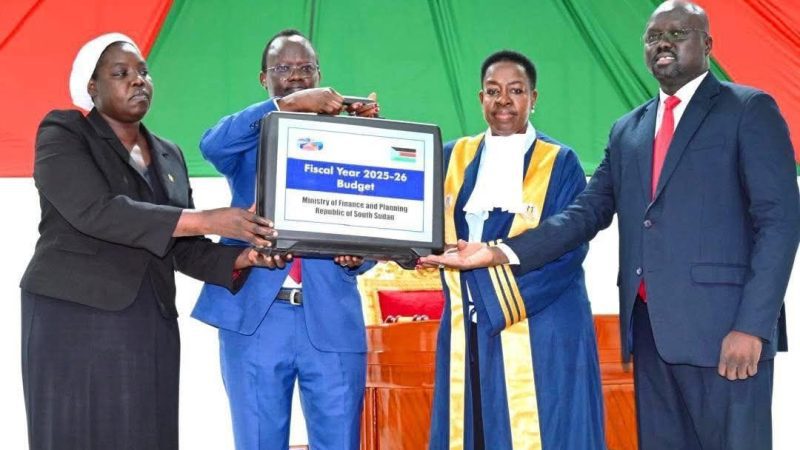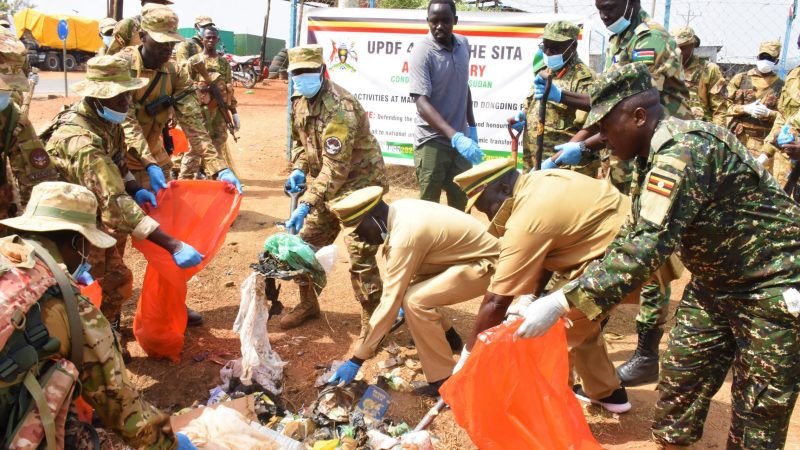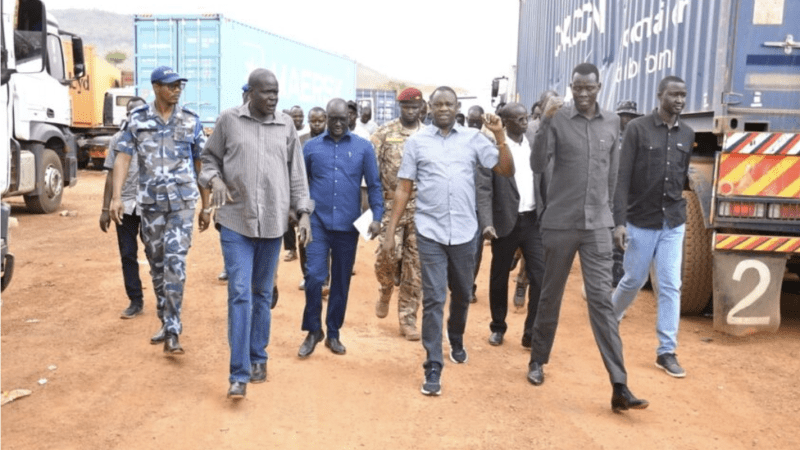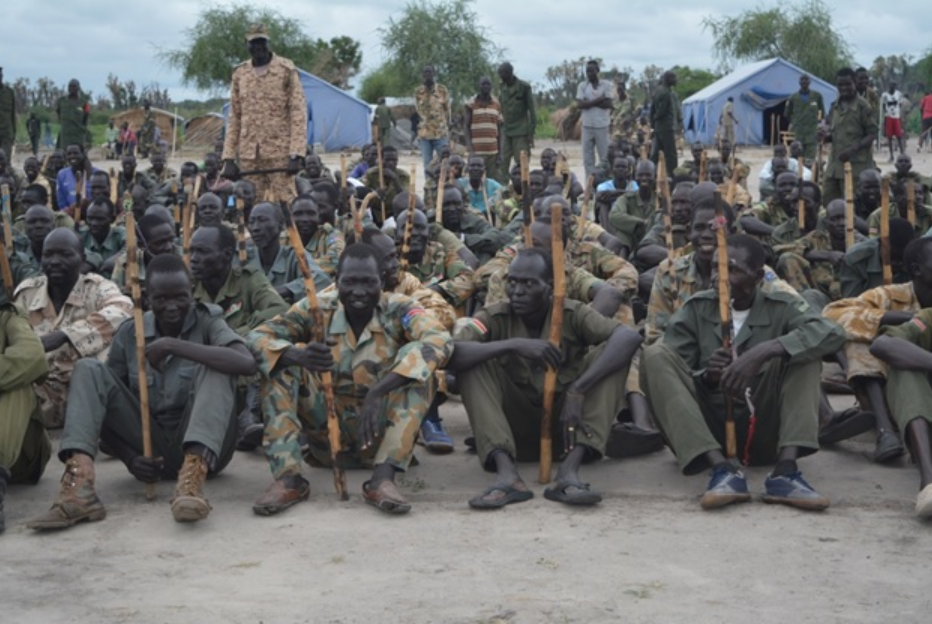The arms embargo imposed on South Sudan has limited the country’s ability to procure arms for troops in training camps, President Salva Kiir told the governors forum Monday.
In July 2018, the United Security Council imposed an arms embargo on South Sudan’s territory, legally obliging all UN member states to prevent direct or indirect supply, sale or transfer of arms and related material, including ammunition, military vehicles and spare parts.
The embargo, according to the UN, also extends to technical support, training, financial or other assistance related to military activities.
“We have repeatedly informed the UN system about the negative impact this has on the implementation of Chapter 2 of the [peace] agreement, and all we have received in return are more conditions that do not recognize progress achieved so far,” explained Kiir.
He said the only option left will be to graduate the unified forces with sticks.
Under the September 2018 revitalized peace agreement, South Sudan is supposed to graduate 83,000 unified forces drawn from the various parties to take charge of security during the ongoing transitional period.
The South Sudanese leader also cited divergent views on the command structure of the unified army as one of the major challenges facing the security arrangement.
He said army formation starts from a squad and goes all the way to a division.
“From this structural set-up, it follows that the rank of commissioned officers must correspond with the levels of army units they are deployed to lead. For our case, there are parties who have submitted a list composed of senior officers, starting from colonel upward,” Kiir said while closing the five-day governor’s forum.
He urged parties to the peace deal to avoid inflating ranks and making unreasonable demands when discussing the unified army command structure.
The annual forum, organized by the president’s office with support from the United Nations Development Programme (UNDP) and other partners, focused on the roles of states and administrative areas in the implementation of the peace agreement.
Kiir urged state governors and area chief administrators to maintain law and order, warning that a breakdown of the rule of law could result in a civil war.
“As governors and chief administrators, the bulk of your mandate centres on the restoration of law and order within your states and administrative areas,” he said, adding that, “Without law and order, we cannot hold credible elections”.
Last week, the interim chairperson of the Reconstituted Joint Monitoring and Evaluation Commission (RJMEC), Major Gen. Charles Tai Gitua said the pace of implementation of South Sudan’s revitalized peace agreement was slow and that time is running out with critical tasks lagging behind the agreed timelines.
He was speaking during the 5th Governors’ Forum, which was organized on the theme, “Role of States and Administrative Areas in the Implementation of the Peace Agreement for a peaceful, prosperous South Sudan” in the capital, Juba.


